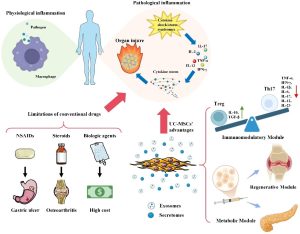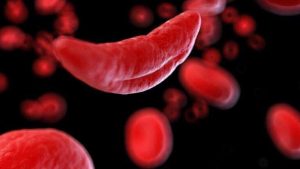
News
Contact Us
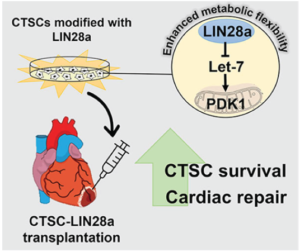
Protein involved in heart development boosts stem cells trategy for heart repair
With age, the human heart gradually loses its ability to repair itself following injury. Damage wrought by injuries such as cardiac ischemia and heart attack,

Developing a treatment for vision loss through transplant of photoreceptor precursors
Science Daily, October 18, 2021 A recent study examining the therapeutic potential of photoreceptor precursors, derived from clinically compliant induced pluripotent stem cells (iPSC), has

Skin stem cells get moving for enhanced skin regeneration
Researchers have found that the ability of skin stem cells to heal wounds is linked with their abilityto move towards the injury. Their study identified

Treating dry eye disease: Successful clinical trial
Eye drops derived from corneal epithelial stem cells used to treat condition Science Daily, September 29, 2021 Several studies conducted over the last decade have
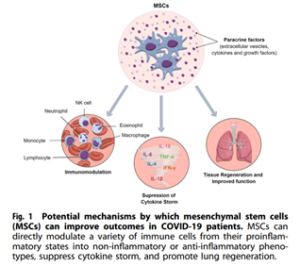
Further validation of the efficacy of mesenchymal stem cell infusions for reducing mortality in COVID-19 patients with ARDS
npj Regenerative Medicine, September 09, 2021 Ashok K. Shetty, Padmashri A. Shetty, Gabriele Zanirati & Kunlin Jin Recent double-blind, randomized, controlled trials reported that human

Australian scientists make progress in looking for COVID-19 treatment
Xinhua, September 30, 2021 SYDNEY, Sept. 30 (Xinhua) — Scientists from a number of Australia’s leading infectious disease and antibody therapeutic centers are confident they

Power of stem cells harnessed to create cartilage tissue
Science Daily, September 28, 2021 Researchers at the University of Southampton have invented a new way to generate human cartilage tissue from stem cells. The

Cord Blood Banking for Babies Conceived with Egg or Sperm Donors
Parent’s Guide to Cord Blood, September 2021 Lauren Isley, MS, CGC Assisted reproductive technologies have opened doors for individuals to explore many different ways to

Researchers use stem cells to make insulin-producing pancreatic beta cells
Science Daily, August 26, 2021 The human body can be genetically inclined to attack its own cells, destroying the beta cells in the pancreas that
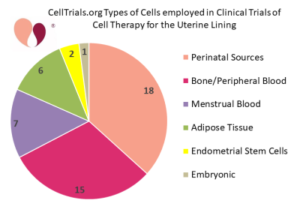
Restoring Women’s Fertility with Birth Tissues
August 2021 Frances Verter, PhD Cell therapy to restore fertility is an active area of research in some countries. Dr. Verter reviewed 5695 clinical trials


